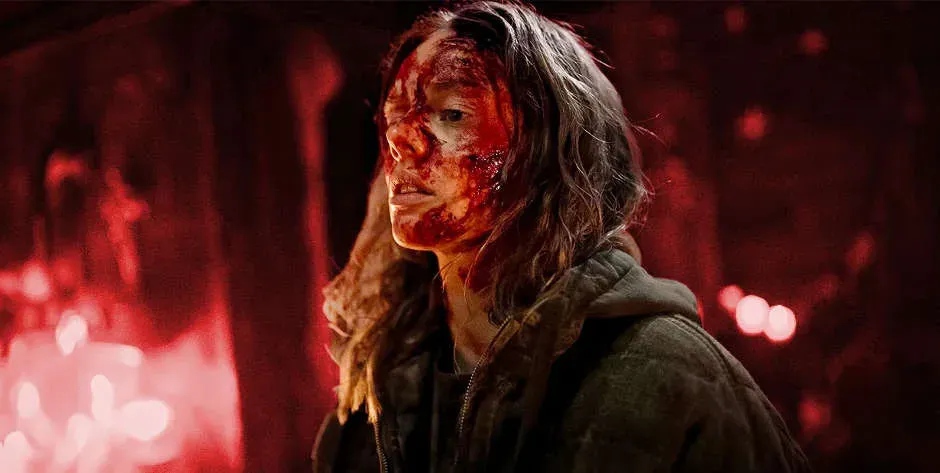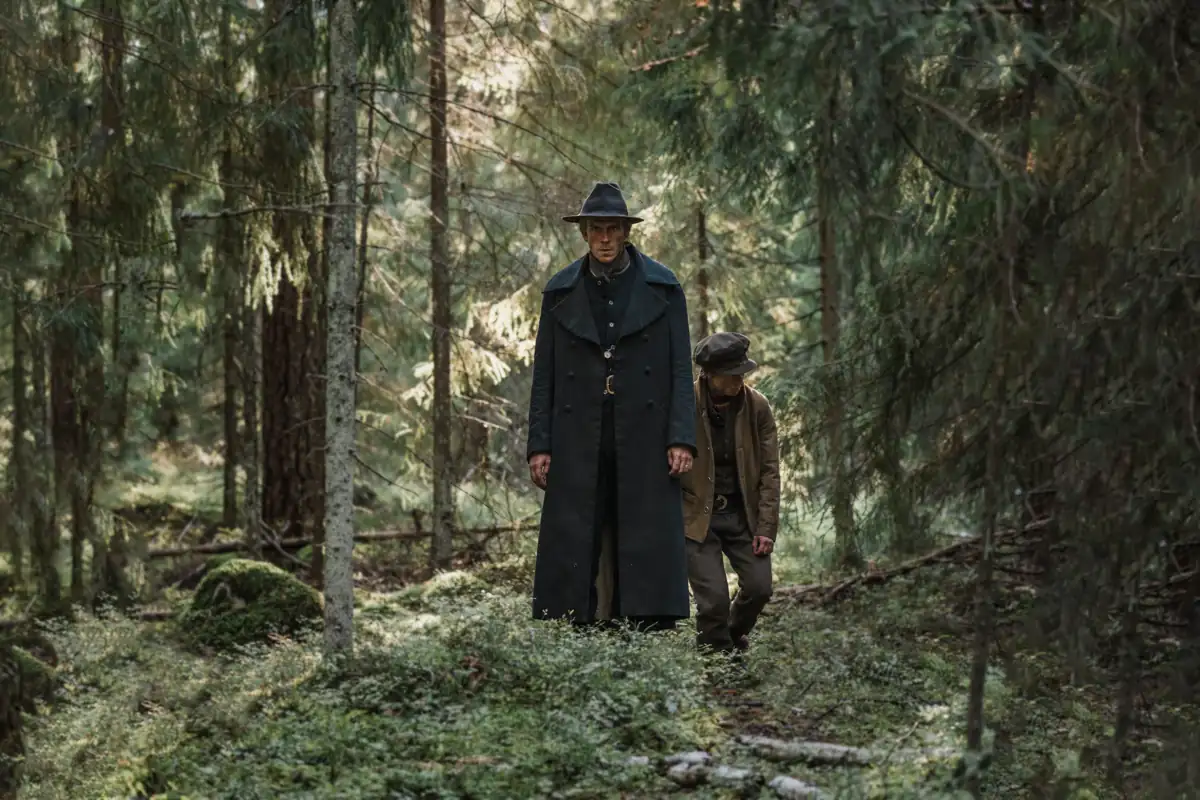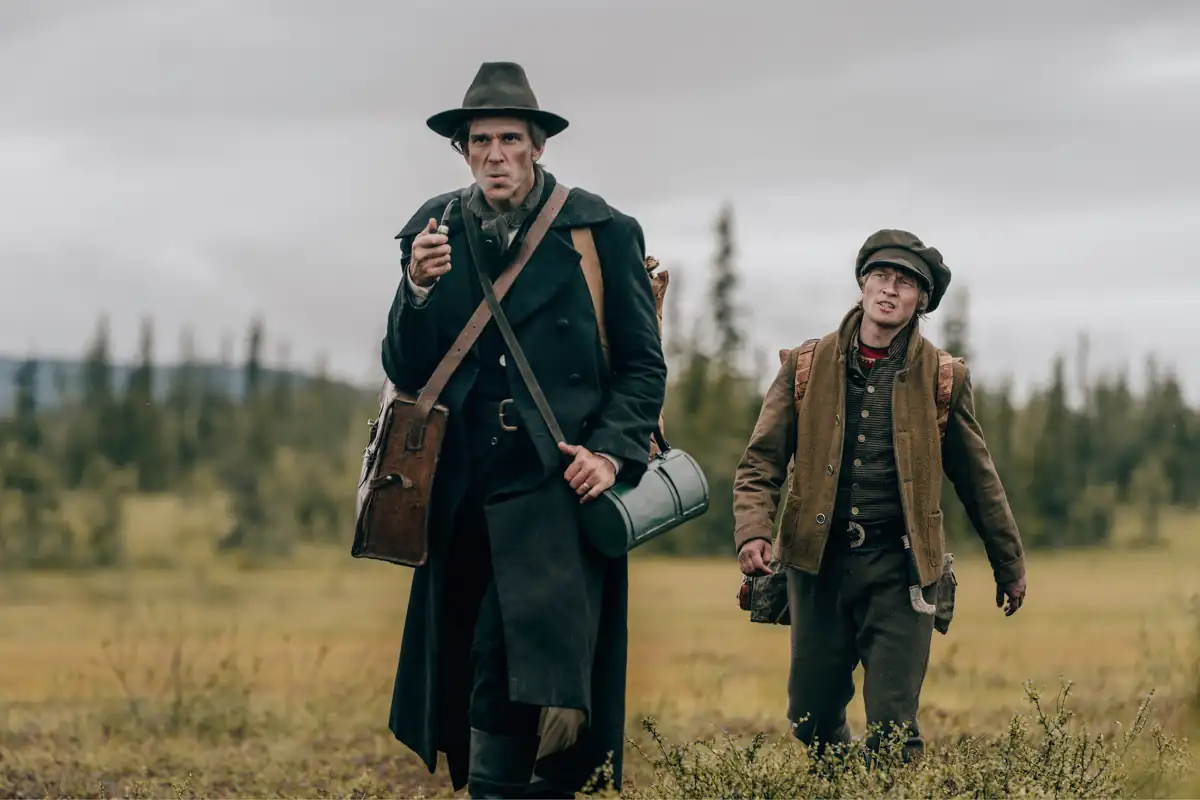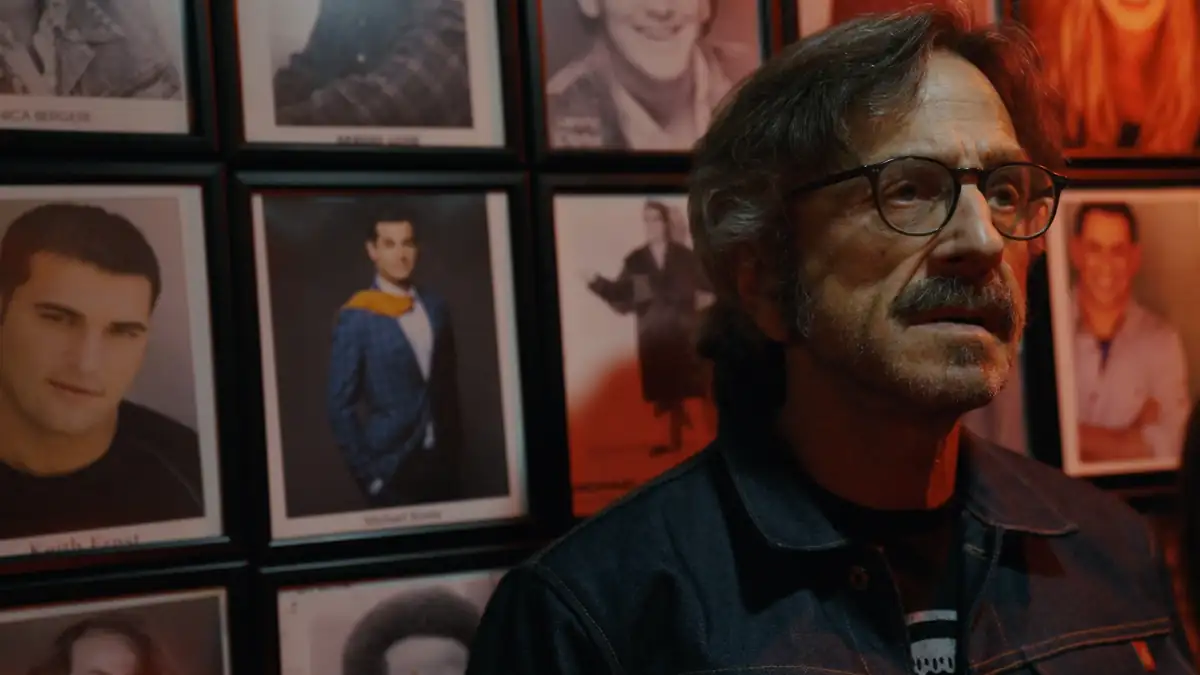My initial reaction to Azrael was a hugely negative one. I walked out of the theater certain that I hated it. At just 80 minutes in length, it’s a brief, often vicious, and very sparse horror experience that explains almost nothing to the audience. I remarked that it would work better as a short film, and left it at that.
Then, I couldn’t get it out of my head. First hours, then days, and ultimately a week went by, and I was still hung up on Azrael. After a second viewing, I’m confident only in that I got it wrong the first time. Azrael is a divisive and complicated film to like, and I’m not sure if it’s altogether a success, but it’s far more interesting and daring than I initially estimated.
Set in the aftermath of the rapture, Azrael takes place in an unknown forest, far from any civilization left standing. With the knowledge that biblical stories are true, some survivors have taken an oath of silence. The why is unclear, and we don’t learn much of the culture or the customs in this new world.
Horrifically, the wake of the rapture has left the earth crawling with charred creatures, hungry for blood. Seemingly blind, they hunt by smell, and in packs. Even a minor wound is enough to attract their attention.
Our hero, named only in the end credits, is captured by a cult, who appear to be in service of these creatures. Or maybe they’re not. Maybe it’s just survival. It’s that uncertainty that makes Azrael such a fascinating and frustrating experience. We empathize with our hero (Samara Weaving), because she’s the first person we meet. Weaving’s expressive, soulful performance makes it easy to root for her.
But it’s all a gray zone. There are no heroes or villains here. Only survivors, and each of them is capable of horrific acts to last just one more day. The script, written by Simon Barrett, leads us from one set piece to the next with brutal efficiency, leaving almost no room to breathe in between. A chance encounter with another survivor, unaligned with any of the ones we’ve met before, raises even more questions. The world building is intentionally sparse, which in this case is only a positive. We fill in the blanks with so many what-ifs that Azrael becomes a richer, more nuanced picture in the process.
And yet, Azrael would still be a better as a short film. Though the tight runtime works far better on a second viewing, I think it would be just as, if not more, effective in 20 or 30 minutes as it is now. Perhaps it’s because this world is so horrific, so enticing, that it deserves even further exploration – or none at all. Halfway, it frustrates to catch glimpses of it, only for them to be snatched away.
But that’s quite a complaint to have about a film. That there should be more of it. Most overstay their welcome, few leave us desperate for more. Azrael is the latter, and all the better for it.













